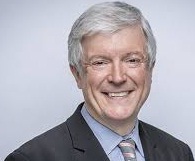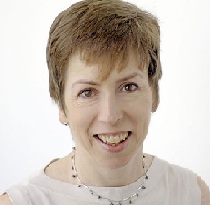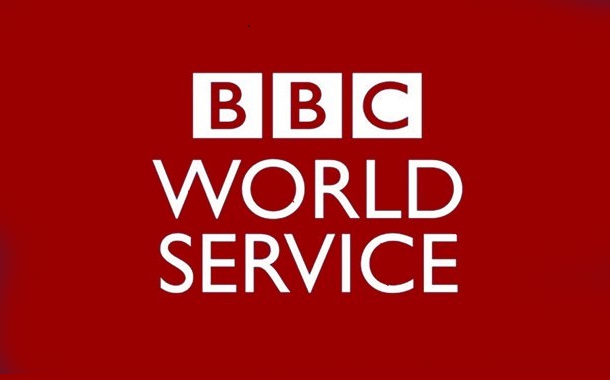Mumbai: The BBC World Service today announced its biggest expansion since the 1940s in a move designed to bring its independent journalism to millions more people around the world, including those in places where media freedom is under threat.
This includes the launch of four new Indian services -Telugu, Gujarati, Marathi and Punjabi – creating 157 new jobs in the region, and making Delhi the BBC’s largest bureau outside the UK.
Seven other language services will also launch as part of the expansion including: Afaan Oromo, Amharic, Igbo, Korean, Pidgin, Tigrinya, and Yoruba. This means the BBC World Service will be available in forty languages including English. The expansion will also mean more journalists on the ground in locations across the world.
The BBC World Service will also expand its digital services to offer more mobile and video content, a greater social media presence and new ways of reaching its audience around the globe.
The BBC also goes live today with a full digital service in Thai, following the success of the Facebook-only ‘pop-up’ service launched in 2014.
The expansion includes plans for the BBC to:
- Launch mobile offers in new Indian languages combined with digital, TV and video output
- Produce extended news bulletins in Russian, with regionalised versions for surrounding countries, a relaunched website, new digital formats and more journalists on the ground
- Enhance its television services across Africa, including over thirty new TV programmes for partner broadcasters across sub-Saharan Africa
- Enhance the BBC Arabic offer by delivering new regional programming across the Arab world
- Broadcast short-wave and medium-wave radio programmes aimed at audiences in the Korean peninsula, supplemented by digital content online and on social media
- Invest in World Service English, with new programmes, more original journalism, and a broader agenda
- Continue with the digital transformation of the BBC World Service, including new TV news bulletins, so that all forty languages will eventually have a video offer
- Use its global presence to provide an even greater focus on analysis and explanation, or ‘slow news’, helping audiences to make sense of the world by explaining the ‘why’ as well as the ‘what’.

Tony Hall, Director-General of the BBC, said “This is a historic day for the BBC, as we announce the biggest expansion of the World Service since the 1940s, [thanks to our greatest ever funding boost]. The BBC World Service is a jewel in the crown – for the BBC and for Britain.
“As we move towards our centenary, my vision is of a confident, outward-looking BBC which brings the best of our independent, impartial journalism and world-class entertainment to half a billion people around the world. Today is a key step towards that aim.”

Francesca Unsworth, BBC World Service Director, said “Through war, revolution and global change, people around the world have relied on the World Service for independent, trusted, impartial news. As an independent broadcaster, we remain as relevant as ever in the twenty-first century, when in many places there is not more free expression, but less.
“Today’s announcement is about transforming the World Service by investing for the future. We must follow our audience, who consume the news in changing ways; an increasing number of people are watching the World Service on TV, and many services are now digital-only. We will be able to speed up our digital transformation, especially for younger audiences, and we will continue to invest in video news bulletins. What will not change is our commitment to independent, impartial journalism.”
The BBC World Service will focus particularly on increasing audience reach with younger people and women.The BBC’s Director-General has set a target for the BBC to reach 500m people worldwide by its centenary in 2022.
Today’s announcement follows the funding boost of £289m until 2019/20 for the World Service from the UK Government, announced last year.
The BBC Trust and the Foreign Secretary have approved the new language services, in accordance with the Broadcasting Agreement.
The BBC World Service currently broadcasts around the world in 29 languages to 246m people weekly. In total the BBC reaches a weekly global audience of 348m people.

















